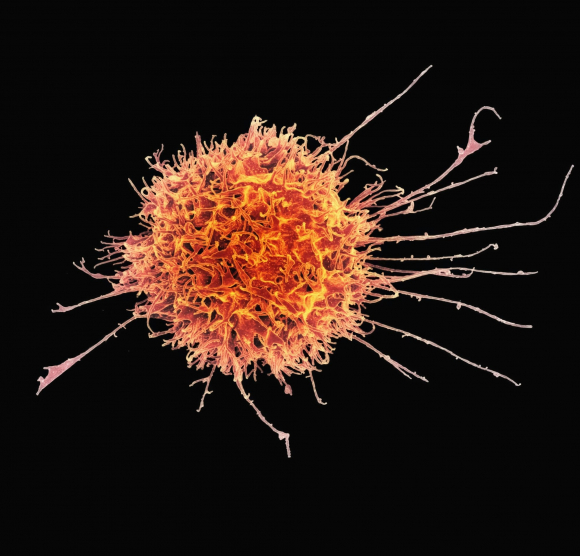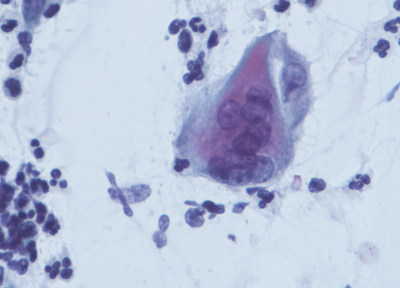What is Immunology?
Immunology is the study of your immune system—the complex network of cells, organs, and tissues that work together to protect you from infectious diseases and other threats.

Exploring the complexities of the body’s immune system
Immunologists are scientists that study the immune system. Their research helps us understand how the normal immune system works and what goes wrong when someone gets sick. Immunology research has led to some of the most important advances in medicine such as the development of life-saving vaccines and the discovery of powerful new cancer treatments.
What is the Immune System
The immune system is the body's defense mechanism to keep you healthy. The immune system intersects with almost every aspect of human health and disease. When it is functioning correctly, it keeps you from getting sick. When the immune system malfunctions, you can develop diseases like cancer or autoimmune disorders.
Parts of the Immune System
The immune system is a complex network of cells, organs and tissues. There are many parts of the body involved in immune responses that protect you from infection and heal from injury. Many different types of cells work together to coordinate immune responses. They communicate with each other using different signals.
Antibody and Antigen
Antibodies and antigens each play key roles in the immune system’s memory. Antigens are parts of foreign substances that the immune system can detect and mount an immune response to. Antibodies are proteins, produced by cells of the immune system, that detect and stick to antigens, flagging them for destruction by the immune system.
Latest News


